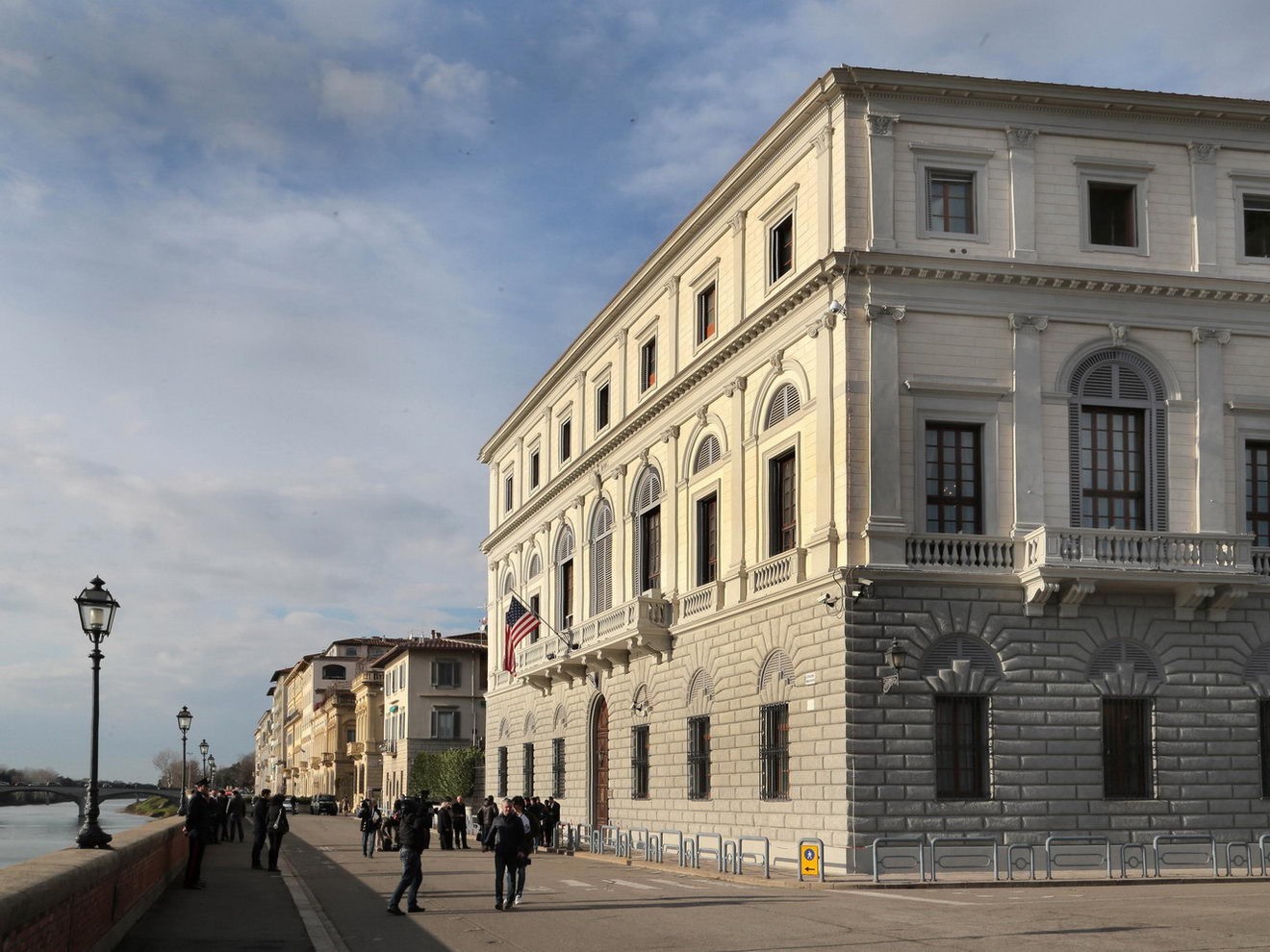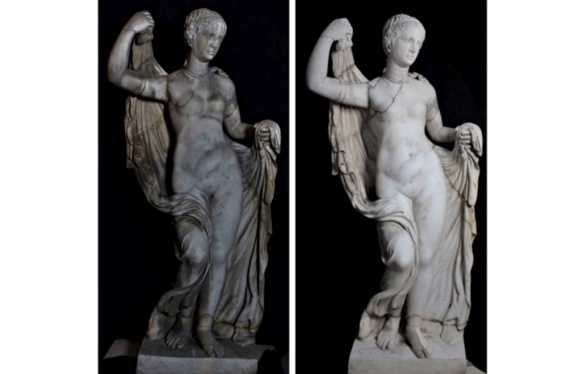

The United States will close its consulate in Florence. This was announced by U.S. Secretary of State Marco Rubio as part of a "comprehensive reorganization plan" of the State Department, which includes the closure of several embassies and diplomatic missions.
"Tuscany has a deep history linked to the United States, which is no coincidence, as Florence hosts more than 30 American institutes, universities, and colleges known for their high-level academic programs and international prestige. These are accompanied by a large number of cultural initiatives that demonstrate how significant the relationship is between the region and the American community." This is how the President of the Tuscany Region, Eugenio Giani, commented on the announcement of the closure of the U.S. Consulate in Florence.
Giani wrote a letter to the President of the United States and the American Ambassador to Italy, "reminding them that in 1819, James Ombrosi, appointed by the then-consul of Livorno, settled in Florence as the first consular agent, and the first real consul, George Perkins Marsh, appointed by President George Lincoln, arrived in 1861. This is one of the most genuine examples of the special relationship that has always existed between Tuscany and the United States."
Since then, Giani pointed out, "the consulate in Florence has always carried out important functions, including the issuance of visas, a task currently carried out by only four American consulates in Italy. Therefore, I believe that closing the American consulate in Florence would be an extremely inappropriate choice that ignores the history, the U.S. presence in the region, and the hospitality Tuscany has always extended to the American people."
The Tuscany Region, Giani added, "makes a strong appeal for this not to happen: it would be a fatal historical mistake and a serious break from what has always nurtured the relationship between American citizens, the city of Florence, and Tuscany. Giorgio Spini, in his book on the history of Florence in the 19th century, reminds us that even when 'small Florence,' which had not yet become the capital of Italy in 1850, was a city of 100,000 inhabitants, it already had 5,000 residents from the Anglo-Saxon world, mainly Americans and English. It is clear that there is a structural presence in the relationship between the culture that Tuscany expresses and what today are the United States, which are also shaped by the legacy of Tuscan thinkers and figures, from Amerigo Vespucci to Filippo Mazzei, who played a crucial role in America's past and recent history. The potential closure of the consulate," Giani concluded, "would send the wrong message to all U.S. citizens living, working, and studying in Tuscany and to those who come to visit."
You may be interested
-
Lecture and Concert that bring Italy to New...
Saturday, february 28 - 7 pm ESTChrist & Saint Stephen's Church - 120 W 69th St,...
-
'Buongiorno Papà' vince Nice Festival Usa
'Buongiorno papà' di Edoardo Leo, film sui quarantenni single in Italia, interpretato da R...
-
'Christmas I Remember Best': The Italian ceme...
Years ago our family spent an idyllic summer in beautiful Florence, Italy, the heart of Re...
-
'I inherited an Italian farmhouse and want ev...
At first I was excited. Then I was terrified. Now I cannot believe my luck. Like one of th...
-
'Love in Firenze' comes to The Addy at Procto...
Composer Ed Munger, 76, and lyricist Herb Weisburgh, 82, are a local songwriting duo who h...
-
'Mona Lisa's' identity could be revealed thro...
By Jamie Wetherbe The mystery of "Mona Lisa's" real-life muse, which has spawned centurie...
-
'Rediscovered Aphrodite' In Italy's National...
The recently restored statue of Aphrodite housed in the Museo Archeologico Nazionale (Nati...
-
'Saffron tourism' takes hold in Italy, harves...
Saffron tourism is the holiday of choice for a growing number of people fascinated by the...










